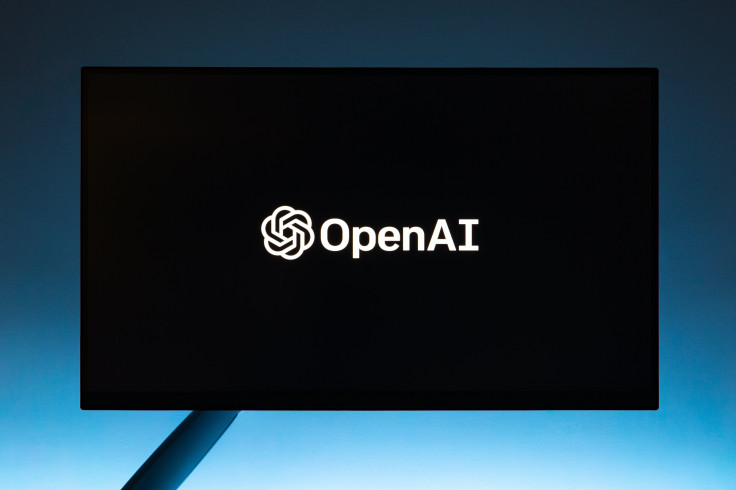
OpenAI, a pioneering artificial intelligence (AI) research laboratory, has made a bold assertion, stating that the creation of sophisticated AI tools like ChatGPT is deemed 'impossible' without the incorporation of copyrighted material.
This proclamation has ignited discussions about the interplay between AI development, intellectual property, and the ethical considerations surrounding the use of copyrighted content.
Chatbots like ChatGPT and image generators such as Stable Diffusion undergo a "training" process using extensive datasets sourced from the internet.
However, a significant portion of this data falls under copyright protection, which serves as a legal safeguard against the unauthorised use of someone's work.
In a recent legal development, the New York Times initiated a lawsuit against OpenAI and Microsoft, a prominent investor in OpenAI that incorporates its tools into its products.
The lawsuit alleges the "unlawful use" of the New York Times' work in the creation of OpenAI's products.
OpenAI's ChatGPT, powered by the GPT-3.5 architecture, has gained prominence for its advanced natural language processing abilities, capable of generating coherent and contextually relevant responses in conversation.
In a statement submitted to the House of Lords communications and digital select committee, OpenAI asserted its inability to train extensive language models like the GPT-4 model, the underlying technology behind ChatGPT, without the utilisation of copyrighted content.
OpenAI argued: "Because copyright today encompasses nearly every form of human expression – spanning blog posts, photographs, forum contributions, snippets of software code, and government documents – it would be unfeasible to train contemporary leading AI models without incorporating copyrighted materials."
This submission was initially reported by The Telegraph.
In response to the lawsuit filed by The New York Times (NYT), OpenAI issued a blog post on its website on Monday, asserting: "We support journalism, partner with news organisations, and believe the New York Times lawsuit is without merit."
Previously, the company had expressed its respect for "the rights of content creators and owners." AI companies typically justify the use of copyrighted material by relying on the legal doctrine of "fair use", which permits the use of content in specific circumstances without seeking the owner's permission. In its submission, OpenAI maintained that it believed "legally, copyright law does not forbid training".
The lawsuit from NYT adds to a series of legal challenges faced by OpenAI. In September, 17 authors, including John Grisham, Jodi Picoult, and George RR Martin, filed a lawsuit against OpenAI, alleging "systematic theft on a mass scale".
OpenAI's stance underscores the challenges inherent in creating AI tools that meet the growing demand for sophistication and relevance.
While OpenAI emphasises the necessity of diverse datasets to avoid biased outputs and enhance the model's understanding of nuanced language, critics argue that this reliance poses risks of perpetuating existing biases present in copyrighted content.
The debate around the role of copyrighted material in AI development is not new. It reflects the ongoing struggle to strike a balance between innovation, ethical considerations, and legal compliance.
OpenAI's assertion sheds light on the complexities faced by AI developers as they navigate the intricate web of intellectual property laws and work towards creating responsible and unbiased AI systems.
OpenAI is one of the companies that have committed to collaborating with governments to conduct safety tests on their most advanced models both before and after deployment.
This commitment stems from an agreement reached at a global safety summit held in the UK last year.
As the field of AI advances, it becomes increasingly important for stakeholders, including researchers, policymakers, and the general public, to engage in dialogues that shape the ethical guidelines and legal frameworks governing AI development.
OpenAI's declaration serves as a catalyst for such discussions, prompting reflection on the evolving landscape of AI ethics and the intersection with copyright law.
As the AI landscape continues to evolve, finding a harmonious equilibrium between pushing technological boundaries and respecting legal and ethical norms remains a critical imperative for the industry.







